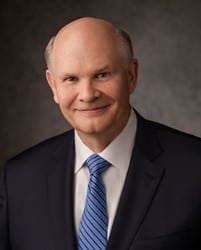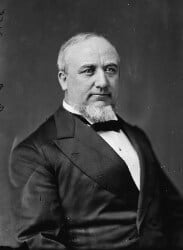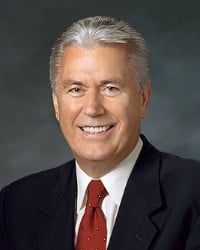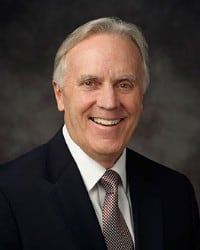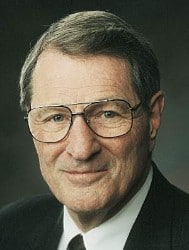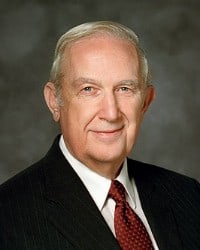
“Unless healed by the Lord, mental, physical, or sexual abuse can cause you serious, enduring consequences. As a victim you have experienced some of them. They include fear, depression, guilt, self-hatred, destruction of self-esteem, and alienation from normal human relationships. When aggravated by continued abuse, powerful emotions of rebellion, anger, and hatred are generated. These feelings often are focused against oneself, others, life itself, and even Heavenly Father. Frustrated efforts to fight back can degenerate into drug abuse, immorality, abandonment of home, and, tragically in extreme cases, suicide. Unless corrected, these feelings lead to despondent lives, discordant marriages, and even the transition from victim to abuser. One awful result is a deepening lack of trust in others which becomes a barrier to healing. . . .I solemnly testify that when another’s acts of violence, perversion, or incest hurt you terribly, against your will, you are not responsible and you must not feel guilty. . . .”
| “Healing Tragic Scars of Abuse,” Ensign, May 1992, p. 31
